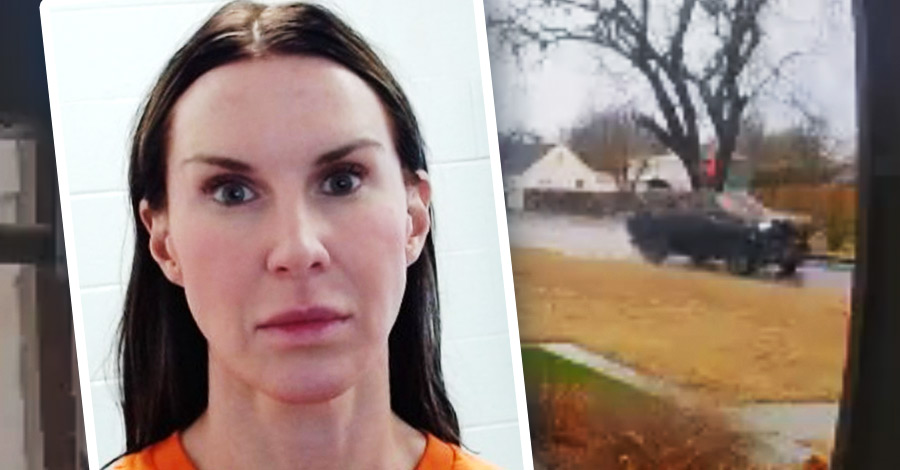
It looks like the national media has found a new dangerous illegal street drug to drive hysteria, fear, and television ratings and web traffic. This time around, the drug's name is Krokodil. Apparently, using the heroin knockoff will cause your body to either melt or be turned inside out and explode like that creature from Galaxy Quest. Yes, Galaxy Quest. What can I say, it was a long weekend.
Not wanting to be left out of the trend to over -hype a new drug and worry parents, old people and church pastors, KFOR Channel 4 posted to its Facebook Wall a link to a story on its own website that simply quotes and links to a CNN article about the drug. How would the KFOR social media gurus sensationalize the story? Would they warn that Oklahoma teens are trying the drugs while taking bath salts or dropping vodka in their eyeballs?
No, that's too easy. They got all creative and went the crocodile - zombie route:

Uhm, what's KFOR doing? Did they really use an image of a crocodile that was found in a Florida lake in 2013 to accompany the "flesh-eating "Zombie" drug" headline? What a joke. The zombie spin is such a "2012 Article On Bath Salts" thing to do. They should have found a pic of Zombie Steve Irwin or changed the headline to "Never smile at a Krokodil addict." I'd go with the latter. After seeing a couple of pics of Krokodil users, you're definitely not going to smile at them.
Anyway, I'm not trying to say we shouldn't be aware of the safety risks of the drug. Just like how we should probably know that 840 people in Oklahoma died last year from prescription drug overdoses, I guess we should be aware that a homemade heroin can destroy your flesh. I'm just calling out KFOR's absurd way of exploiting it. For a lesson on how to exploit it the right way, check out KOCO Channel 5:
Authorities are warning about a new flesh-eating drug in America, and its first victim may be in Oklahoma.
Desomorphine is a drug known by many street names, but it is most commonly called "krokodil.” Chelle Fancher said the drug killed her best friend.
“There's not a day that I don't lay down and close my eyes and see him in that hospital bed,” Fancher said.
Fancher said she grew up with Justin McGee, 33, better known as “Quincy” in Duncan, Okla. She said he was more like a brother than a friend.
McGee died nearly a year ago, and Fancher still finds it difficult to speak about what happened.
“Everything that touched him took his skin off,” she said.
Fancher is haunted by what she saw inside the burn unit in at Baptist Integris Hospital in Oklahoma City...
The OBN has been looking into the drug since Quincy’s death last November.
“It’s possible right now that we have two deaths, and those could be just two that we are aware of,” Woodward said.
Officials with the OBN said both of those victims were men from Duncan, Okla. Fancher said the two men were friends. She said Quincy was a father of four young children.
“Their dad is gone because someone chose to make an evil drug,” Fancher said. “I was there when he took his last breath. No family member should ever go through what we saw him go through.”
According to the U.S. Drug Enforcement Agency, there are no current krokodil investigations in their office, but national spokeswoman Dawn Dearden said they are aware of investigations in Oklahoma, Arizona, Utah and Illinois.
Dearden says they are "keeping their eye on it" and are "concerned.”
Interesting. KOCO didn't have to resort to pictures of crocodiles and zombies to drive home over-sensationalized fear about an obscure dangerous flesh-eating drug that's sweeping across the country so fast the DEA isn't even investigating it. They chose to report a real life story about the drug and how it impacts people. I guess the truth can be scarier than fiction.






